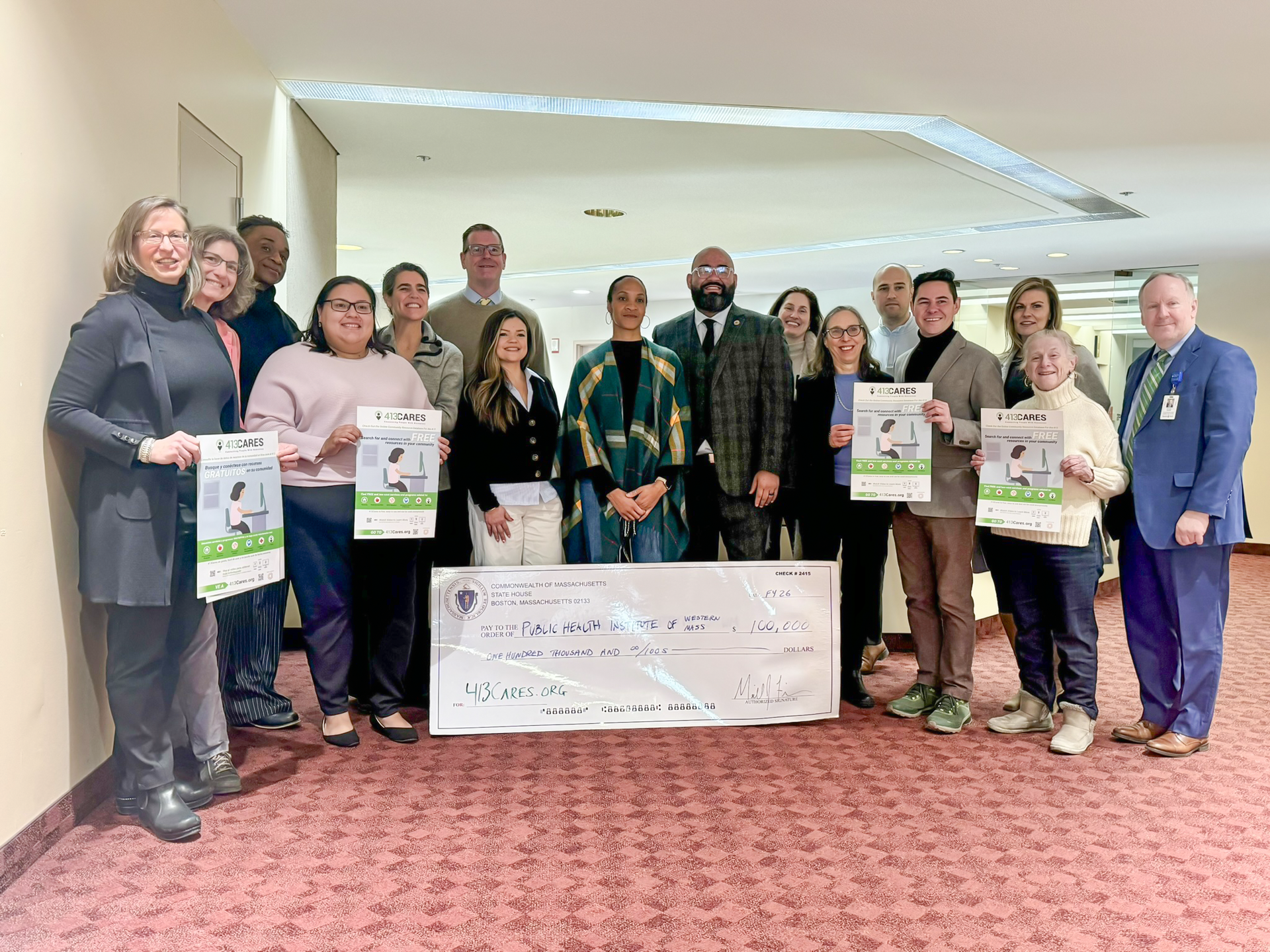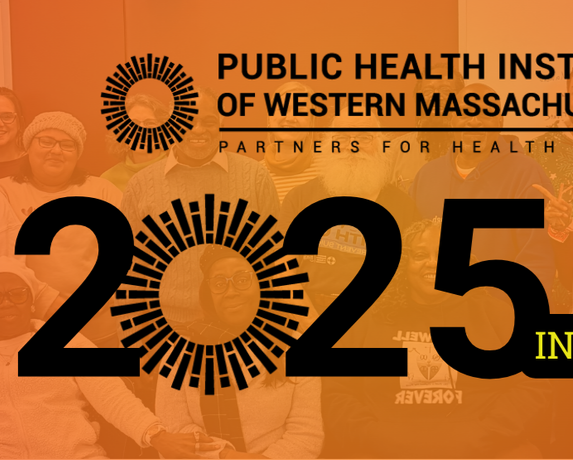413Cares Collaborates with Mass 2-1-1, Aunt Bertha to Offer Support for Those Seeking COVID-19 Services

Springfield—413Cares.org, the online community resource database recently launched for the Western Massachusetts region, has announced a collaboration with Mass 2-1-1, the statewide free information and referral hotline. The collaboration will provide phone support for those searching for services on the 413Cares portal.
Those searching for food, housing, or other COVID-related services on the 413Cares online portal will see a pop-up box with links to COVID-19 resources and a link to call Mass 2-1-1. This “click-to-call” feature will be incorporated into the 413Cares.org website with the help of Aunt Bertha, which is the national platform that houses 413Cares.org.
The Mass 2-1-1 resource and referral hotline, created by the Council of Massachusetts United Ways, operates 24 hours per day, seven days per week.
Other resource and referral networks in the region and across the state, including Boston Medical Center’s MA Community Resource Directory MASSTHRIVE.org and UMass Memorial Health Care & Reliant Medical Group’s CommunityHELP.net, are also collaborating with Mass 2-1-1 to offer this feature on their portals.
413Cares provides residents the ability to access critical information, resources and referrals to community-serving organizations from one online portal. The Public Health Institute of Western Massachusetts manages the portal that was established with initial funding by Baystate Health.
According to Jessica Collins, Executive Director of the Public Health Institute of Western Massachusetts, “We are pleased to collaborate with United Way in providing another layer of resources and support for residents of our region on the 413Cares online platform. By adding Mass 2-1-1’s phone-based system, residents of the 413 seeking to speak with someone about services can reach the Call2Talk resource for behavioral health phone support. This online and over-the-phone safety net is providing a critical resource that people need now during the COVID-19 crisis and beyond.”
Paul Mina, President & CEO of Mass 2-1-1, states, “This new partnership will provide consumers more immediate access to accurate information via the Mass 2-1-1 system 24/7/365 in over 140 languages. In addition, our Call2Talk, mental health and suicide prevention line will be available for emotional support as well.”
As a single online point of contact, 413Cares efficiently connects people in the region to critical services they may need including housing, food and nutrition, healthcare, transportation, early education and more.
The site is expected to serve individuals and families impacted by the COVID-19 pandemic, with needs for community resources dramatically increasing due to the crisis.
The development of the resource portal and platform was the result of a community-driven process led by the Public Health Institute of Western Massachusetts (PHIWM) and Baystate Health and was soft-launched early in 2020.
413Cares is fully HIPAA compliant, mobile-friendly and can be translated into over 100 languages.
The portal is populated by community-serving organizations in the region “claiming” their listings on 413Cares.org to ensure their program information is accurate and up-to-date, which helps the public find services more efficiently.
The Public Health Institute of Western Massachusetts was formed a little over 20 years ago with the goal of building measurably healthier communities using data and its convening power to create collaborative partnerships.
Click here to download a copy of the press release
share this
Related Articles




